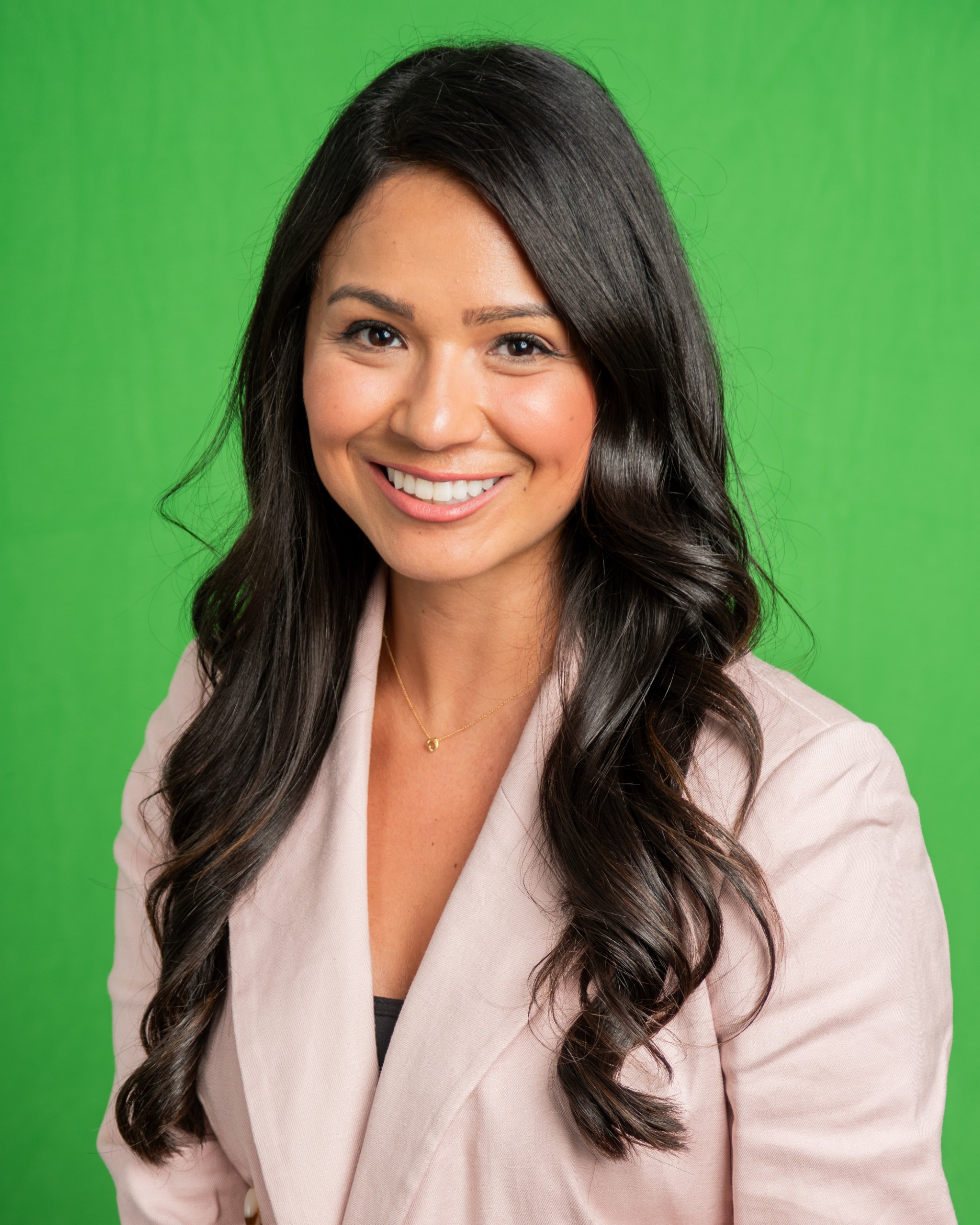First, tell us a little about yourself. 
I am a first-generation, Mexican American that was born and raised in Fort Worth,
Texas. I completed a Bachelor of Arts in Philosophy, a Minor in Spanish, and a Legal
Studies Certificate from Texas A&M University (Whoop!), and a Master of Science in
Criminal Justice and Criminology from Texas Christian University. As a full-time student,
I worked in the service industry as a server, a substitute teacher, a case manager,
a grant writer, and even as a loss prevention investigator. Each of these experiences
contributed to my decision to pursue a doctoral degree. I have always lived in Texas,
but I traded the heat for cooler temperatures and recently completed my Ph.D. in Criminology
from Indiana University of Pennsylvania. I feel incredibly grateful to return to my
home state and join the fantastic group of scholars, students, and staff here at the
University of North Texas.
Why did you choose to study criminal justice?
When I was a case manager for adults with intellectual and developmental disabilities,
people on my caseload encountered the criminal justice system as offenders. These
individuals were labeled “frequent fliers” since there was a pattern in their behavior
and a disconnect between their diagnoses, individual needs, and what was perceived
of them. I wanted to understand what influenced this disconnect but also how we could
reduce stigmas and connect individuals to the right people and resources in the community.
While I was a case manager, I completed my master’s thesis on collaborations between
law enforcement and mental health professionals when responding to crises. The subject
matter from my thesis truly inspired me to continue researching similar topics and
pursue a profession in research.
What are your main areas of research, and why did you choose those specific areas?
My area of specialization is victimology, specifically sexual violence, campus violence,
and human trafficking. I also study victimology through an international and comparative
lens. I have completed projects that examined police and partnership responses to
mental health crises and have analyzed moral reasoning and ethical decision-making
skills among college students.
I became interested in victimology after attending a grade school assembly on Rachel’s Challenge, honoring the life of Rachel Scott, one of the twelve students who were killed in the Columbine shooting. Unfortunately, victimization is a reality that impacts many people, whether it is personal, a sibling, a parent, a neighbor, a family member, or a stranger. Seeking an answer to the “why” and “how” questions, identifying the associated risk factors, and determining how we can reduce victimization are the roots of my research objectives.
What do you enjoy most about teaching?
Students bring in a diverse set of perspectives and experiences that spark meaningful
discussions which can ultimately impact their knowledge, career trajectory, and personal
growth. One of the main reasons I was drawn to UNT was the university’s commitment
to advancing student success. As a Hispanic-Serving Institution, I find great value
in implementing experiential learning strategies for all students that can empower
them. Being a first-generation student, I did not understand the value of internships,
whether it was paid or unpaid, let alone did I understand how to secure one. Now,
I try to connect students to professionals or organizations that may be of interest
to them and where they may see themselves in the future.
What do you hope your students gain from your courses?
Some of the material we cover may be difficult to read about and process, but being
aware of victim issues inside and outside of the United States can prepare students
to proactively respond to victims of crime, even if this means pointing someone in
need toward a resource. There are also many stigmas surrounding the various populations
we cover in class. I emphasize the role of community-building while cultivating a
space where students feel respected and safe in our classroom. As a victimologist,
I hope students enter the workforce with kindness, compassion, and mindfulness, as
these characteristics can propel our students into excellence as young professionals
with sharp skill sets.
What did you do before pursuing a career in academia, and why did you decide to pursue
teaching instead?
I took a gap semester after my bachelor’s and my master’s and worked in loss prevention.
I was also a substitute teacher in my old school district, but ultimately landed a
career path in the nonprofit sector through my master's. After working as a case manager,
I switched over to grant writing for the same nonprofit organization where I found
my passion. My Team and I identified various gaps in the services and resources our
community needed. Finding opportunities for program development, forming multidisciplinary
community partnerships, and implementing evidence-based practices were at the heart
of my position, but I wanted to contribute more deeply to this need and research gap.
So, I pursued a doctorate and learned the tools I needed to better understand how
we can improve practices and modify them to meet people’s needs. However, I found
beauty in the opportunity to not only make a difference in the community but also
beauty in mentorship, teaching others, and learning from one another to spread knowledge.
When you’re not teaching, what do you enjoy doing?
Before, during, and after grad school, I remained a bookworm. I enjoy memoirs, contemporary
fiction, and romance. I am obsessed with the works of Erika Sánchez, Emily Henry,
and Abby Jimenez. I also enjoy traveling, rooting for the Dallas Cowboys, going to
concerts, and wandering through record stores. Growing up in a Hispanic family, by
default I am a foodie who enjoys eating and spending time with family!
Do you have any fun facts that others may not know about you?
In high school, I auditioned to be a Disney Cast Member. Obviously, I did not make
the final cut.